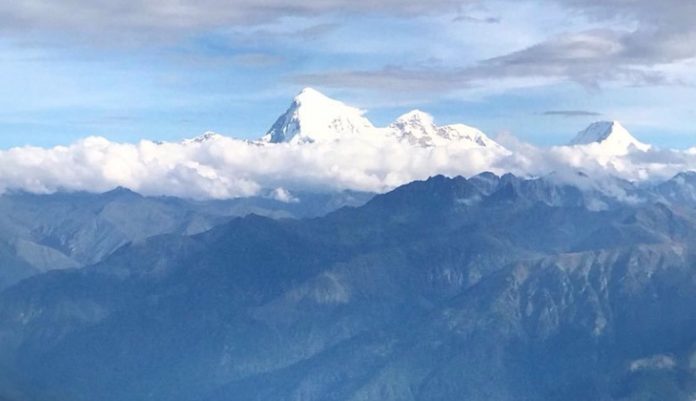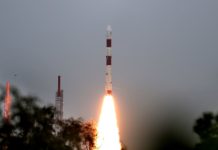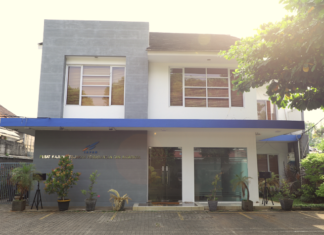Bhutan has announced that its ground station infrastructure development work is nearly complete, and that it is on track to begin using GSAT-9 (aka South Asia Satellite) by the end of the month.
“We have already connected three off-grid blocks in the country, in remote areas, using this satellite’s services. As we speak now, the installation of the ground infrastructure for the South Asia Satellite is already in the advanced stages and we hope we will be able to start using the services by the end of this month,” said Sonam Phuntsho, Chief ICT Officer, Department of IT & Telecom, Ministry of Information and Communications, Bhutan, at the 25th Asia-Pacific Regional Space Agency Forum (APRSAF-25) in Singapore this week.
Bhutan has been allocated one Ku-band transponder on GSAT-9. This is a geostationary satellite developed and operated by India, under its space agency ISRO, which India is sharing with its neighbours to spur regional development.
The transponder on GSAT-9 is Bhutan’s first space-based asset, with the second, a CubeSat known as Bhutan-1, being a CubeSat developed by Bhutanese engineers and launched from Japan’s module on the International Space Station (ISS) earlier this year.
“With [the South Asia Satellite], we plan to utilize for services for emergency communications. We also want to use this satellite capacity for domestic and international backup, especially in terms of voice connectivity. We’re also thinking of uplinking the two national TV channels to this satellite”, said Phuntsho.
At the moment, Bhutan is trying to explore the possibilities of space utilization, and hopes to develop its space capabilities.
“From being a user of space applications, we have entered, in our own humble ways, into harnessing the benefits of space technologies. Recently we have launched our own CubeSat with an interest to generate enough interest in the space community and students, so that in the future we can really benefit from space technologies…. space services can greatly benefit in our pursuit of Gross National Happiness and socio-economic development,” added Phuntsho.
Launched on 5 May 2017, the South Asia Satellite is serving India as well as project participants Afghanistan, Bangladesh, Bhutan, Maldives, Nepal and Sri Lanka. The satellite carries 12 Ku-band transponders, with each country having been gifted one dedicated transponder.







